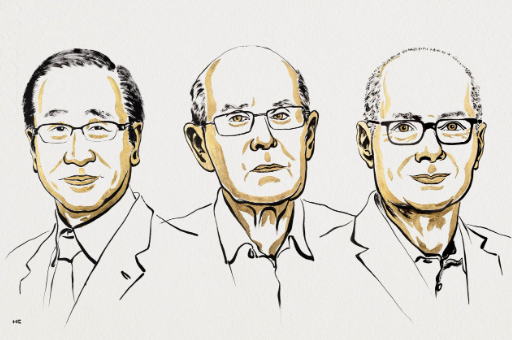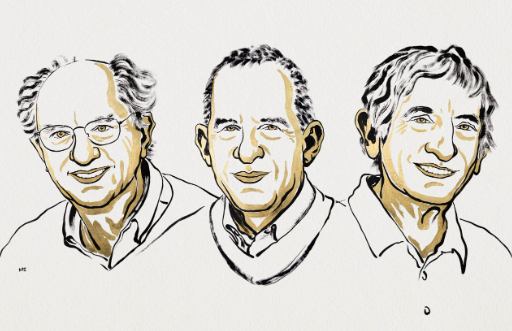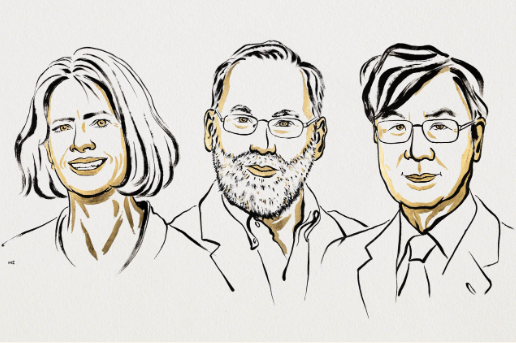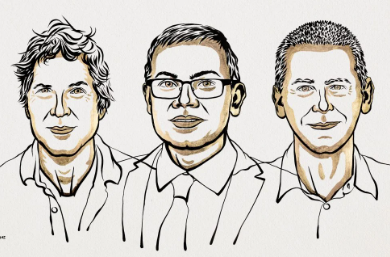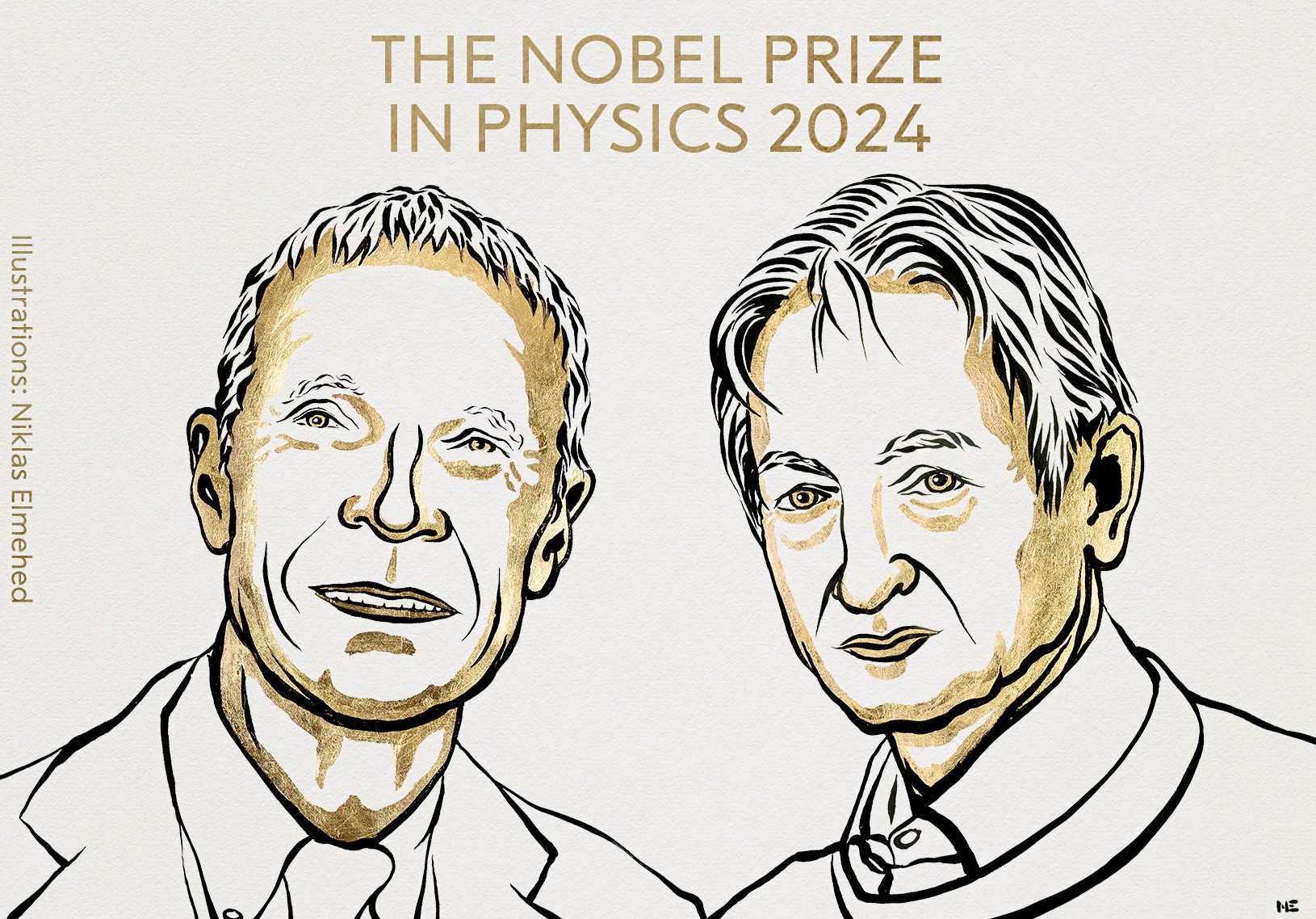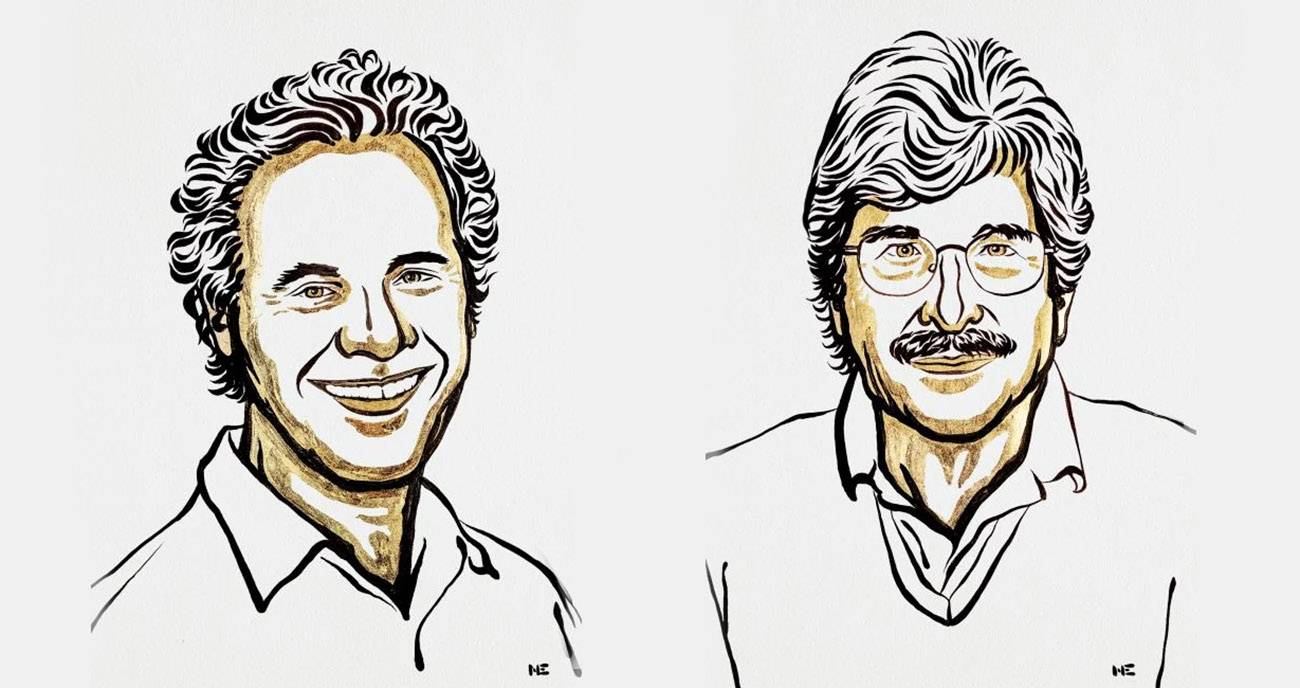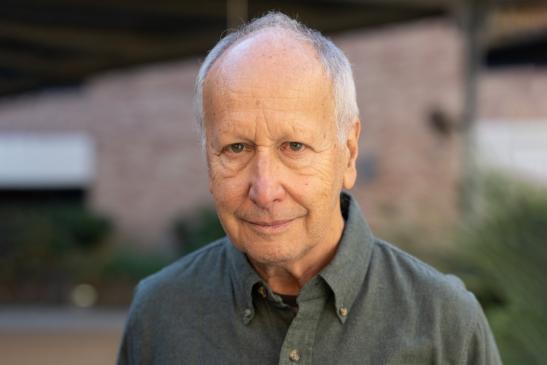Nobel Prize in Chemistry awarded to Susumu Kitagawa, Richard Robson, and Omar M. Yaghi for creating porous materials with blocks of molecules that capture substances and drive reactions
The Royal Swedish Academy of Sciences has awarded the 2025 Nobel Prize in Chemistry to Susumu Kitagawa, Richard Robson, and Omar M. Yaghi for the development of molecular structures with large spaces through which gases and other chemicals can flow. These structures, called metal-organic frameworks, can be used to extract water from desert air, capture carbon dioxide, store toxic gases, or catalyze chemical reactions.
